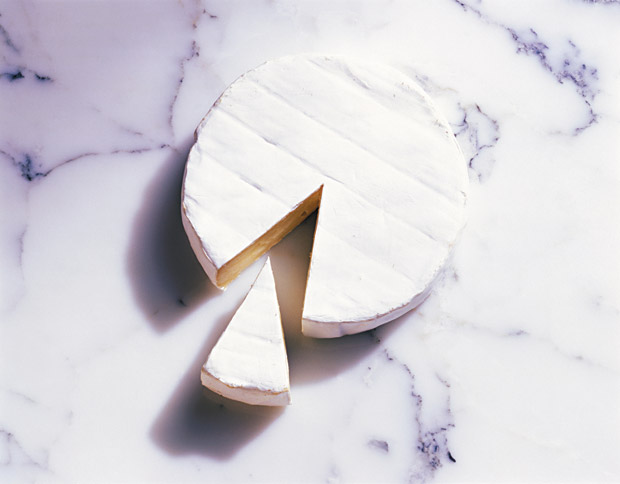Maintaining your Carrara countertops
Whenever I get in the car, I hit the speed-dial button so I can play catch up with my mom or mother-in-law. These little chats add up and make the long distance between us seem shorter.
Not only do the quick catch-up sessions save us time from recapping everything for hours on end, but they also give us a chance to talk about the mundane, everyday trials that fill most of our lives.
Recently, my mother-in-law has been eyeing Carrara marble for her kitchen remodel. The stone is on the less-expensive end of solid, natural countertops, and it is great for people who love to bake. However, it is not for everyone.
Families with young children or with wine drinkers might opt for another material because this marble has a tendency to stain and etch easily. Etching looks similar to a stain, but it is more of a scratch. It happens when a chemical reaction, caused by leaving lemon juice or anything acidic on the marble, eats away at the surface a bit, causing a dulling of the stone.
She knew that the countertops could be high-maintenance, but how much work would really be involved, and would it be worth it? If you are in the same boat, think about these steps to maintaining your Carrara before you go all in:
• Seal it. Carrara will absorb stains quickly and easily if you do not seal it properly, right away, and regularly. Often, Carrara should be sealed two to four times per year. Some homeowners are comfortable sealing it themselves, with sealant recommendations from the marble dealer. Others prefer to hire professionals. In either case, talk to your manufacturer for their recommendations.
• Clean it. Use water and mild detergent. You also may opt for cleaner made especially for this stone. Make sure not to use anything abrasive or harsh soap. Abrasive scrubs can scratch the stone, and soap can stain it. Rinse after cleaning, and follow up by drying with a soft cloth.
• Polish it. Etching is nearly inevitable, but it can be toned down with polishing as needed. Use marble powder and a buffing cloth, and remember to rinse and dry when you’re done. Another tip: Choose honed marble over polished. The honed variety is already dulled and so it minimizes the appearance of etching. Polished, on the other hand, will show etching much more prominently. If you have deep etching or cracks, hire a professional.
As with any major purchase or maintenance considerations, consult your dealer and your manufacturer before proceeding.
Have a comment or question for Joanne? Email thefixisinhawaii@gmail.com.
